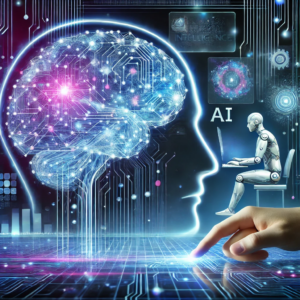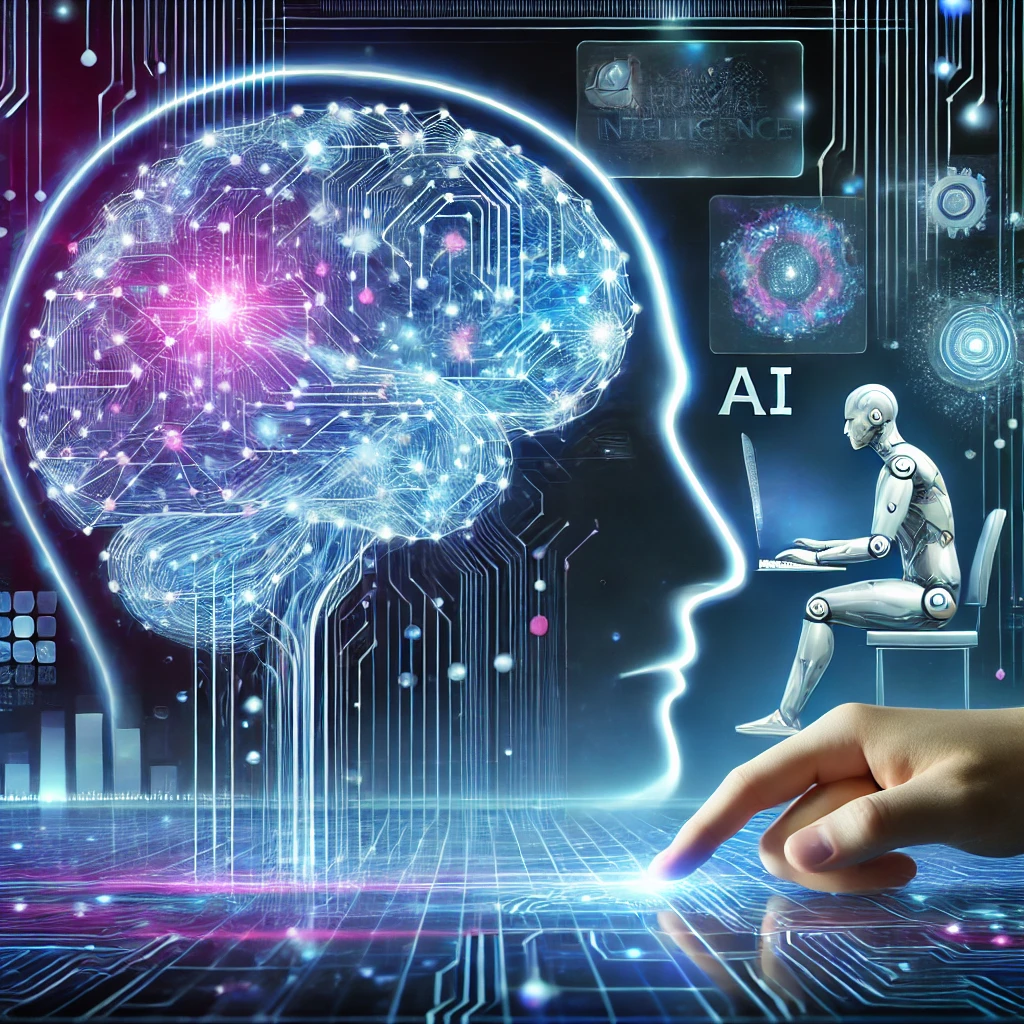The increasing presence of artificial intelligence (AI) and digital tools in our daily lives has sparked an ongoing debate: Are these technologies enhancing or diminishing our ability to remember and learn? With search engines, smartphones, and AI models like ChatGPT becoming our go-to sources for information, scientists are exploring how these advancements may be reshaping human memory.
The Rise of Digital Dependency
Adrian Ward, a psychologist at the University of Texas at Austin, had a revealing experience that illustrates our growing reliance on technology. Having used Apple Maps for years, he realized that he could no longer navigate his own city without it. AI just instinctively turn on the map and follow the directions,”Ward admitted. His experience is an example of what some researchers call Digital Amnesia”the tendency to forget information when we rely on devices to remember it for us.
While concerns about digital dependency have gained traction, particularly with phrases like brain rot (Oxford University Press 2023 word of the year), the reality is more complex. Research suggests that while specific technologies, such as GPS, can weaken our ability to recall certain details (like navigation routes), there”no conclusive evidence that the internet is causing a widespread decline in overall memory function.
AI Role in Reshaping Information Processing
Generative AI, particularly models like ChatGPT, adds another dimension to this discussion. By providing instant answers and producing text with ease, AI has changed how we engage with knowledge. Some experts worry that excessive reliance on AI could lead to cognitive laziness, where individuals become less inclined to think critically or engage deeply with information.
Andrew Hoskins, a researcher at the University of Edinburgh, raises concerns about AI-generated “deadbots” digital avatars of deceased individuals capable of saying things they never actually did. This phenomenon has the potential to distort historical accuracy and alter personal recollections, leading to the creation of false memories.
Cognitive Offloading: A New Norm?
Despite these concerns, the concept of using external tools to store and retrieve information is not new. From the printing press to modern smartphones, humans have always developed ways to offload memory tasks to external sources. Ward describes this as “cognitive offloading,”where people offload the burden of remembering certain information onto devices, freeing up mental capacity for other tasks.
The theory of “transactive memory”further explains this phenomenon. People naturally distribute the responsibility of remembering information among others”whether it a spouse remembering birthdays or a colleague recalling meeting details. The internet, in many ways, serves as an extension of this system. Ward’s studies show that individuals who search for information online often feel more confident in their knowledge, even if they haven truly internalized it.

The Debate Over Digital Technology’s Impact on Memory
Some studies indicate that technology usage can lead to cognitive declines in specific areas. For example, frequent reliance on GPS has been linked to weaker spatial memory, as individuals rely on digital navigation rather than internalizing routes. However, broader research, including studies by Harvard psychologist Daniel Schacter, suggests there is no strong evidence that digital technology is causing an overall decline in memory ability. Instead, he argues that what appears to be memory decline may actually be natural age-related changes rather than a direct consequence of technological advancements.
The Unique Challenges of AI in Learning and Memory
While general concerns about technology’s impact on memory persist, AI presents unique challenges. Large language models generate responses in real time, sometimes producing incorrect information (a phenomenon known as “AI hallucination”. When people unknowingly internalize these inaccuracies, they risk developing a distorted understanding of facts.
Jason Burton, a decision-making expert at the Max Planck Institute, warns that over-reliance on AI-generated answers without deeper analysis could lead to a deterioration in critical thinking and cognitive skills, particularly among students. The ease of obtaining quick, effortless responses may reduce the motivation to engage in deeper learning.
Moreover, AI’s growing role in curating and generating personalized content”such as organizing digital photos into “memories” or creating virtual versions of deceased loved ones’” raises new ethical and psychological concerns. Hoskins warns that these technologies could fundamentally reshape how people perceive their past, altering personal and collective memories in unprecedented ways.
The Future of Memory in the Digital Age
As AI and internet technologies continue to evolve, their effects on memory and cognition remain an open question. Neuroscientists, including Tali Sharot from University College London, emphasize that studying AI’s influence is particularly challenging due to its rapid development.
What is clear, however, is that these technologies are profoundly reshaping how we access, store, and recall information. While they offer undeniable benefits, including efficiency and expanded access to knowledge, they also introduce risks that require careful consideration. As researchers continue to explore this evolving landscape, new insights will emerge about how AI and digital tools are influencing our minds”and what this means for the future of human memory.
